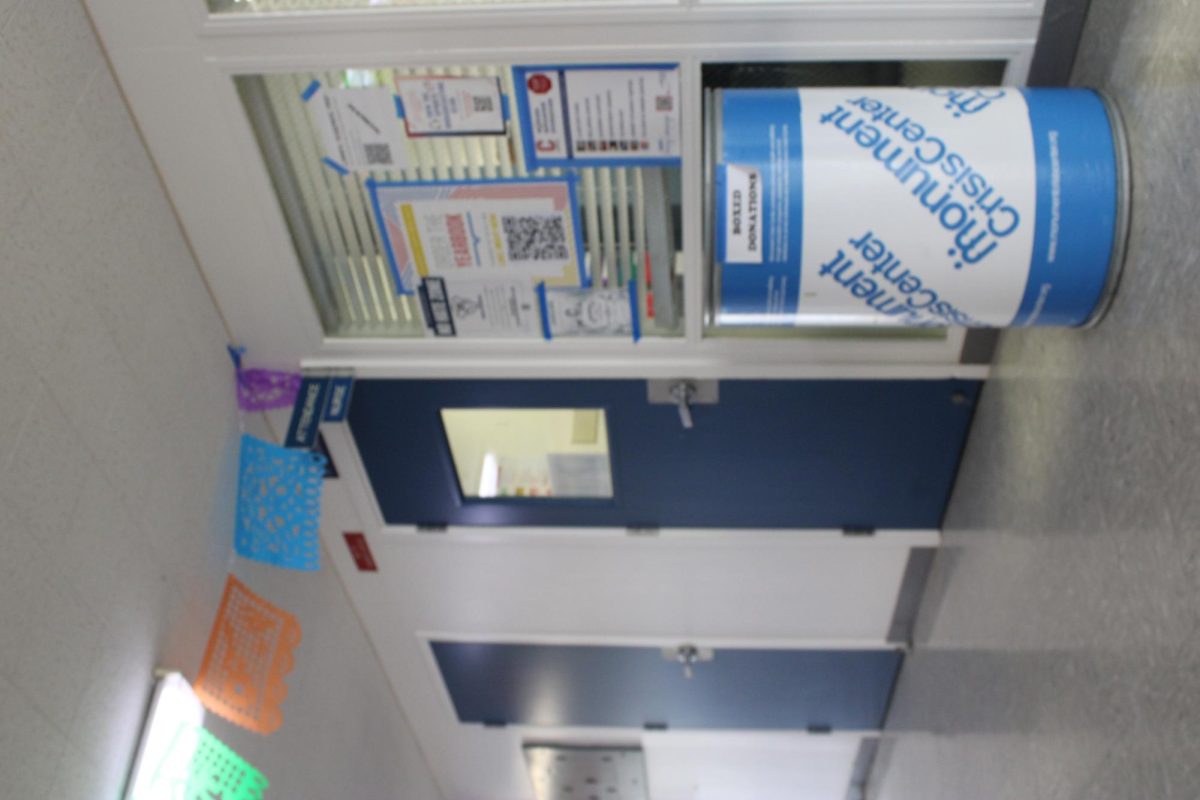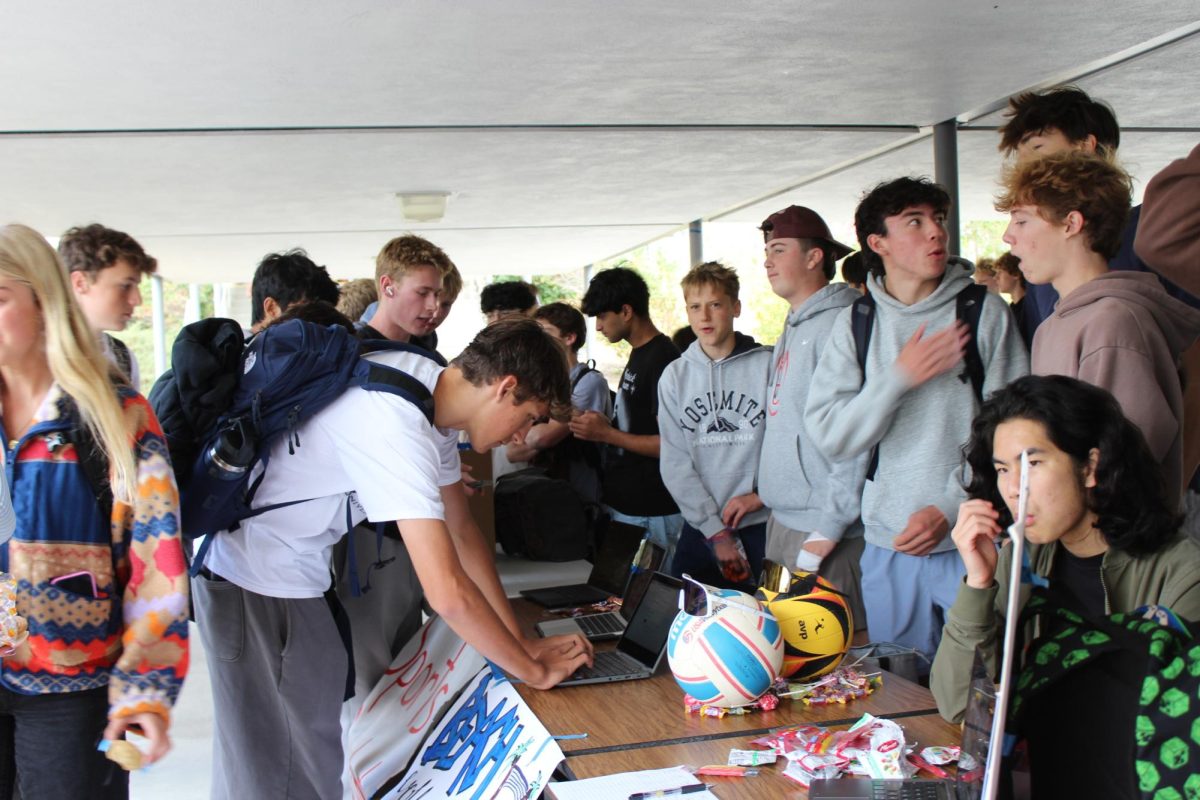Simulation of stock market trading and regulation, open to all DECA members, is being offered by the local branch of the Distribution Education Club of America (DECA). The project begins the week of October 28, and will continue until May 7, 2014.
The project itself is a competition between DECA members, who have a chance to win “DECA apparel and products,” according to club president Jacob Ngai. The 3 members who make the most profit from the simulation will receive prizes.
Marketwatch.com, the website upon which the game is based, streams real-time exchanges from the New York Stock Exchange (NYSE) as well as international markets. DECA focuses primarily on the domestic stock market in America.
Each participant is initially given $100,000 dollars in virtual money. The virtual money is non valued currency, so there are no repercussions from financial losses. Any stocks that are listed publicly are fair game for investment, with the exception of penny stocks. Penny stocks trade at low prices, and are prone to fluctuation and are considered “speculative investments” by the US Securities and Exchange Commission (SEC).
Speculative investments are difficult to price accurately and may trade infrequently, meaning that they may be difficult to sell once they are bought, according to the SEC’s regulatory rules. “The reason penny stocks aren’t allowed is because we aren’t allowed to use our phones in class, so the participants won’t be able to monitor their stocks’ progress throughout the day except during brunch, lunch, or before and after school,” according to Ngai.
The project ties in to DECA’s overall goal, which is to educate youths about the various aspects of the modern business world, according to vice president Julie Meng.





